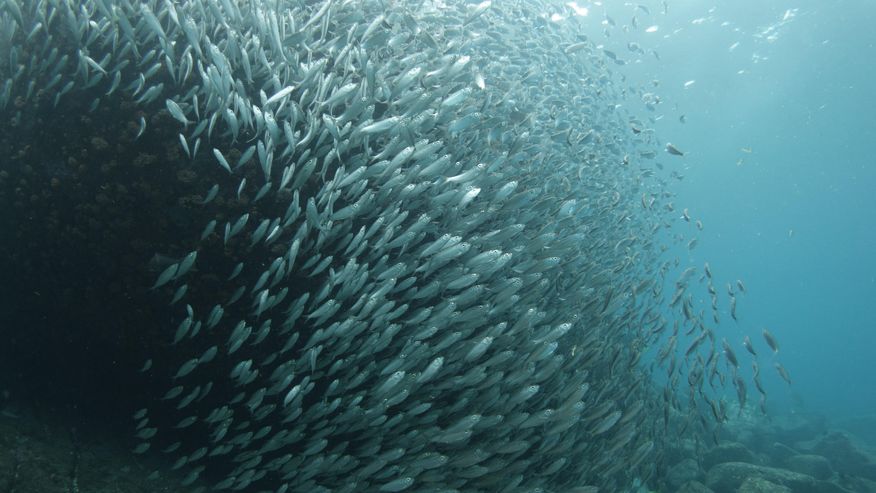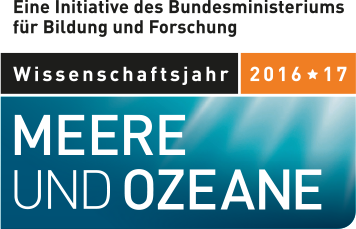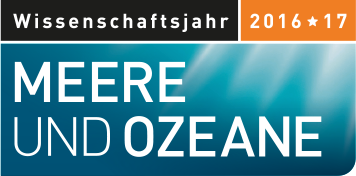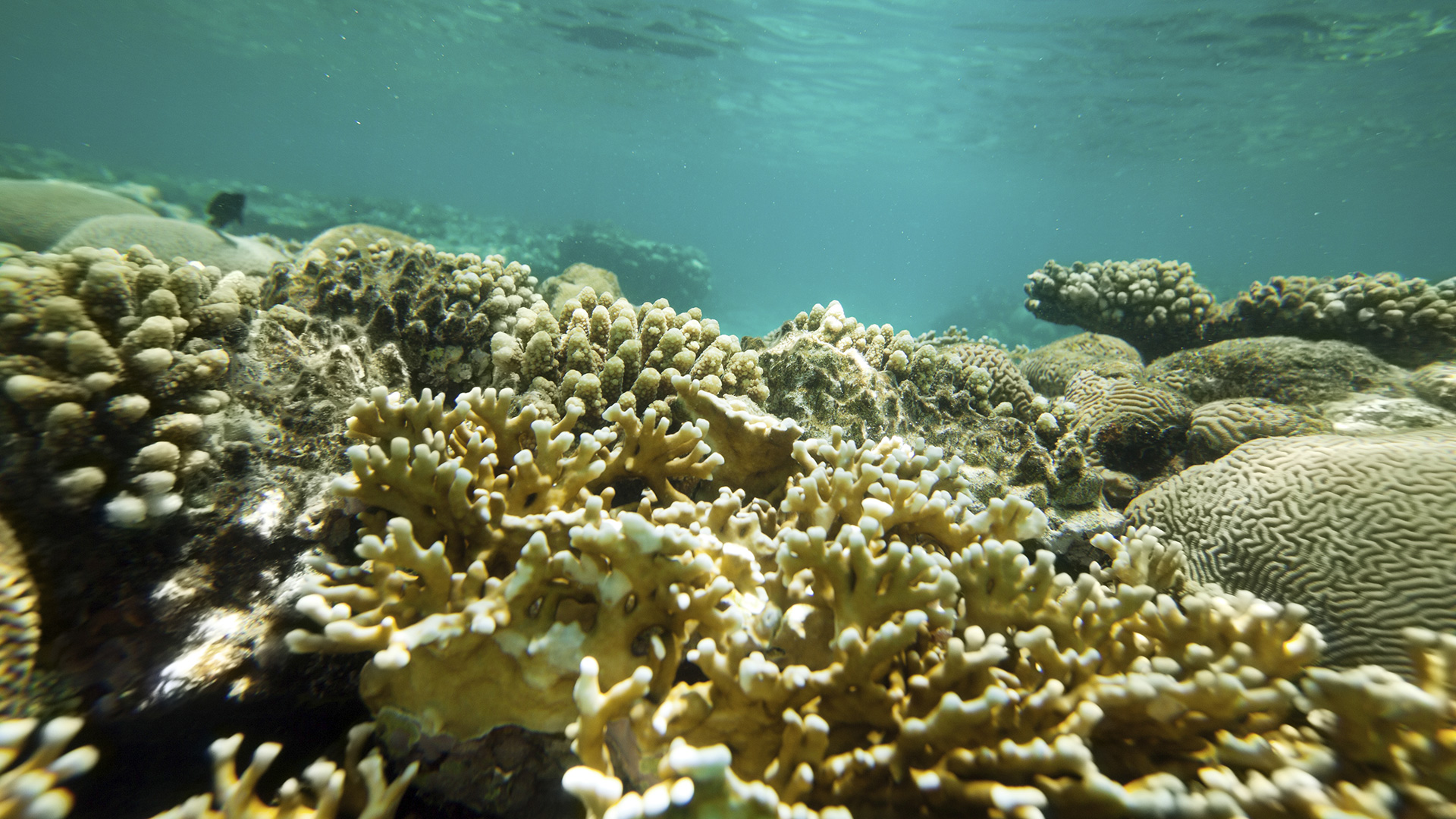Source of Food and Treasure Trove
The seas and oceans are an important source of food for humankind. Germans alone eat an average of 14 kilogrammes of fish per year. About ten percent of the global population works in the fishing industry's production chain, from catching and transporting fish to selling it. Fish and seafood are rich in proteins, vitamins, minerals and fatty acids. What is more, marine organisms have great medical potential. Yet, these natural treasures are being jeopardized by overfishing and pollution.

Many people choose frozen or canned products when buying fish. But where does the cod for fish fingers or the tuna in the tin come from? Germany depends on imports (over 80 percent). A lot of fish is caught in developing countries where fish is often the most important source of protein. Traditional fishing techniques have long been replaced by big international fishing fleets.
As a result, almost 30 percent of global fish populations are being overfished. Scientists are now looking for ways to ensure the sustainable management of fish stocks.
Aquaculture and underwater pharmacies
Since the demand for fish products and seafood can no longer be satisfied by catching fish in the wild, fish from aquaculture facilities is becoming increasingly important. At the same time, consumers want to know whether fish stocks and aquaculture are managed sustainably. What solutions are needed to set fishing quotas and develop models for sustainable breeding? It is a question of striking the right balance between yields and the protection of ecosystems. Science tells us how to achieve this. How can we ensure that mangrove forests are not cut down to make way for shrimp farms? It's time to find answers to these and other questions.
We also need research on the tiniest living creatures, so-called micro-organisms. According to estimates, scientists have so far only discovered at the most one in a thousand of all the micro-organisms in the ocean. This is despite the fact that these organisms have great medical potential. Specific marine substances could be used, for example, in cancer drugs or antibiotics. Is there a future for the “blue pharmacy“?
More plastic than fish?
The seas and oceans are a treasure trove and habitat for numerous, often still unknown, species. But in many places, the ocean is treated like a rubbish tip. A truckload of plastic litter is dumped into our seas every minute. Plastic garbage patches the size of Central Europe, consisting of plastic bottles, plastic bags and fishing nets, are already floating in the oceans. If we do not put an end to this development, the total weight of the plastic litter in the oceans could already be greater than that of all the fish by 2050.
Plastic dumped into the sea remains in the water for centuries, slowly disintegrating into tiny particles or microplastics or eventually finds its way back on land: Microplastics are to be found on our beaches, in the Arctic and in the stomachs of the fish we eat. The impact of these particles on the health of humans and animals remains largely unexplored.


